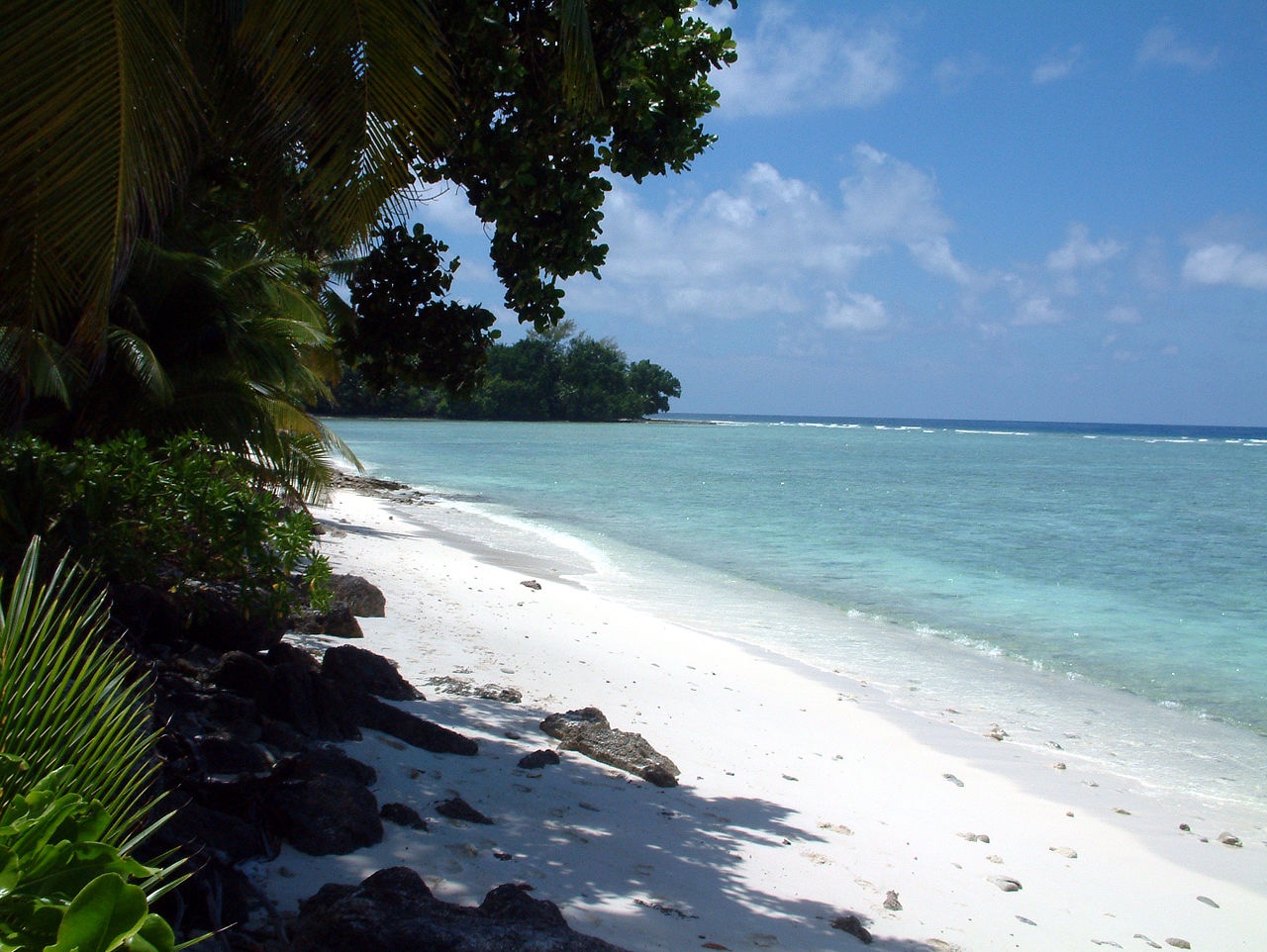The United Nations general assembly has overwhelmingly backed a motion condemning Britain’s occupation of the Chagos Islands
The non-binding vote which was passed 116 to 6, was made in support of a motion setting a six-month deadline for Britain to withdraw from the Chagos islands and for the islands to be reunified with neighbouring Mauritius. It follows an advisory opinion issued by the International Court of Justice (“ICJ”) in February.
The ICJ called on the UK to relinquish its hold on the territory – which it colonised during the Napoleonic wars and now controls them as a British Indian Ocean Territory – in order to complete the process of decolonisation, despite the fact that in 2017, 15 countries (including Britain and the US) voted to oppose a request for the ICJ ruling. The matter was still successfully referred to the ICJ even though it is generally prohibited from hearing bilateral sovereignty disputes without the consent of both states concerned. As a result Karen Pierce, Britain’s ambassador to the UN, warned that the vote would “set an unwelcome precedent” over sovereignty disputes in the future.
The de-colonisation of Mauritius represents one of a number of challenging and complicated eras in Britain’s history. After separating the 60 or so islands that make up the Chagos archipelago from the newly independent Mauritius in 1965, in a move that has been likened by Mauritian Prime Minister Pravind Kumar Jugnauthnun to a crime against humanity, the UK forcefully evicted the residents of Diego Garcia and two other atolls, resettling an estimated 2,000 victims mostly in Mauritius and the Seychelles.
In 1966, the UK compulsorily purchased and closed the British-owned coconut plantations that had been the islands’ only source of commerce, and gave the US the right to use the archipelago’s largest island Diego Garcia as a joint military site initially for a period of 50 years, later extended to 70.
The effect of the vote
The decision in this case has been viewed as evidence of the lessening of both the UK’s and the US’s clout on the world stage. The UK received support from the US (due largely to its interest in the military base), Hungary, Israel, Australia and, the Maldives while 56 countries including France, Germany, the Netherlands, Portugal, Poland and Romania abstained. Other countries historically seen as allies of the UK including Austria, Greece, Ireland, Spain, Sweden and Switzerland voted in favour of Mauritius.
The scale of the defeat for the UK and, by implication, the US came as something of a surprise. Britain is keen to maintain good relations with Mauritius, which is a member of the Commonwealth, but it views the islands’ role in defence and security as vital because they are geographically important. Located close to some of the busiest shipping lanes in the world, Diego Garcia is a pivotal location for monitoring and tackling drugs trafficking, piracy and crime in the Indian Ocean and has been used as a base for supporting humanitarian responses in the region.
Wider implications
The base on Diego Garcia, referred to by the US Navy as its “unsinkable aircraft carrier”, is considered to be one of the US’s most important military locations. From that base, troops operate high-tech surveillance equipment including one of the Pentagon’s three Ground-Based Electro-Optical Deep Space Surveillance Systems.
Mauritius has provided some assurances that the US base on Diego Garcia would continue to operate if that nation retakes the islands, but has asserted it would do so “in accordance with international law”. Mauritius, like many other developing countries, has been strengthening its ties with China meaning the UN vote, although purely symbolic, may have wider political implications. All indications from the UK suggest the result will be ignored, but the resounding decision remains a good indicator of public sentiment and gives momentum to the islanders’ grassroots movement.




